The Pros and Cons of Carbon Offset
Carbon offsetting is a popular way for individuals and businesses to reduce their carbon footprint. But is it really effective? Here are some pros and cons to consider:
✅ Pros:
Helps reduce GHG emissions and combat climate change
Supports development of sustainable projects
Encourages taking responsibility for environmental impact
Can improve local air and water quality
Provides market-based solution to environmental issues
❌ Cons:
Difficult to verify effectiveness of offset projects
Some projects may have negative impact on local communities or ecosystems
Can be used for "greenwashing"
May incentivize continued use of fossil fuels
Does not address root causes of climate change or need for systemic change
At Cleo, we counter the potential criticism of greenwashing by partnering with the very best in the carbon mitigation space, the Rimba Raya Biodiversity Reserve. Their carbon credits are generated by a High Conservation Value peat forest in Borneo. Their offering is of such high quality, they are one of a select group who can say they meet all 17 of the United Nation’s Sustainable Development Goals (SDGs). They are showing the world it is possible to protect forests, their indigenous wildlife and improve the livelihoods of local communities at the same time.
💡 How can Cleo help?
By incentivizing sustainable behaviours, Cleo encourages an offset of carbon output and supports sustainable projects. Plus, with data insights, Cleo can help verify the effectiveness of offset projects and ensure positive impact. Join the movement towards a more sustainable future with Cleo.
#sustainability #carbonoffsetting #CLEOtech
